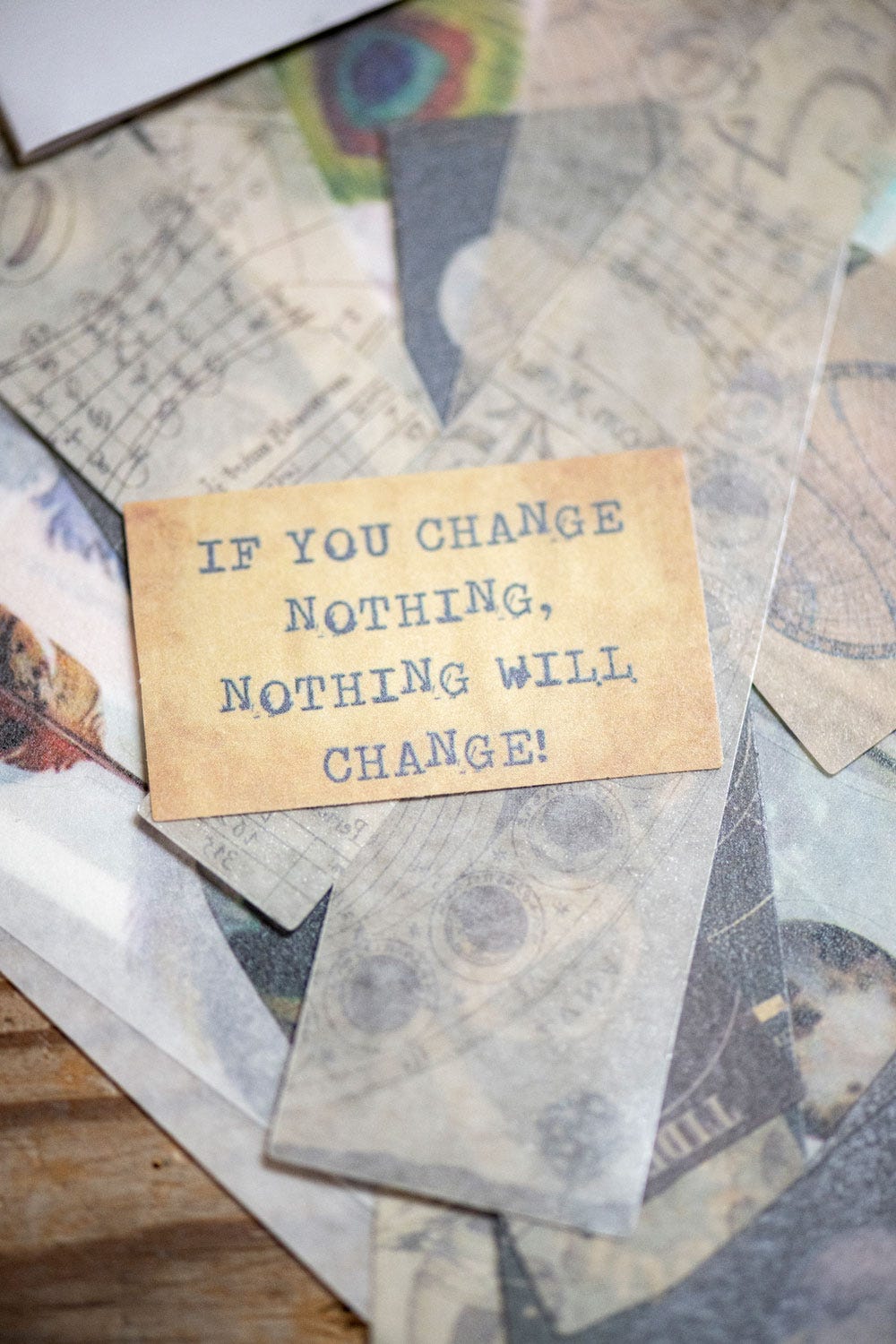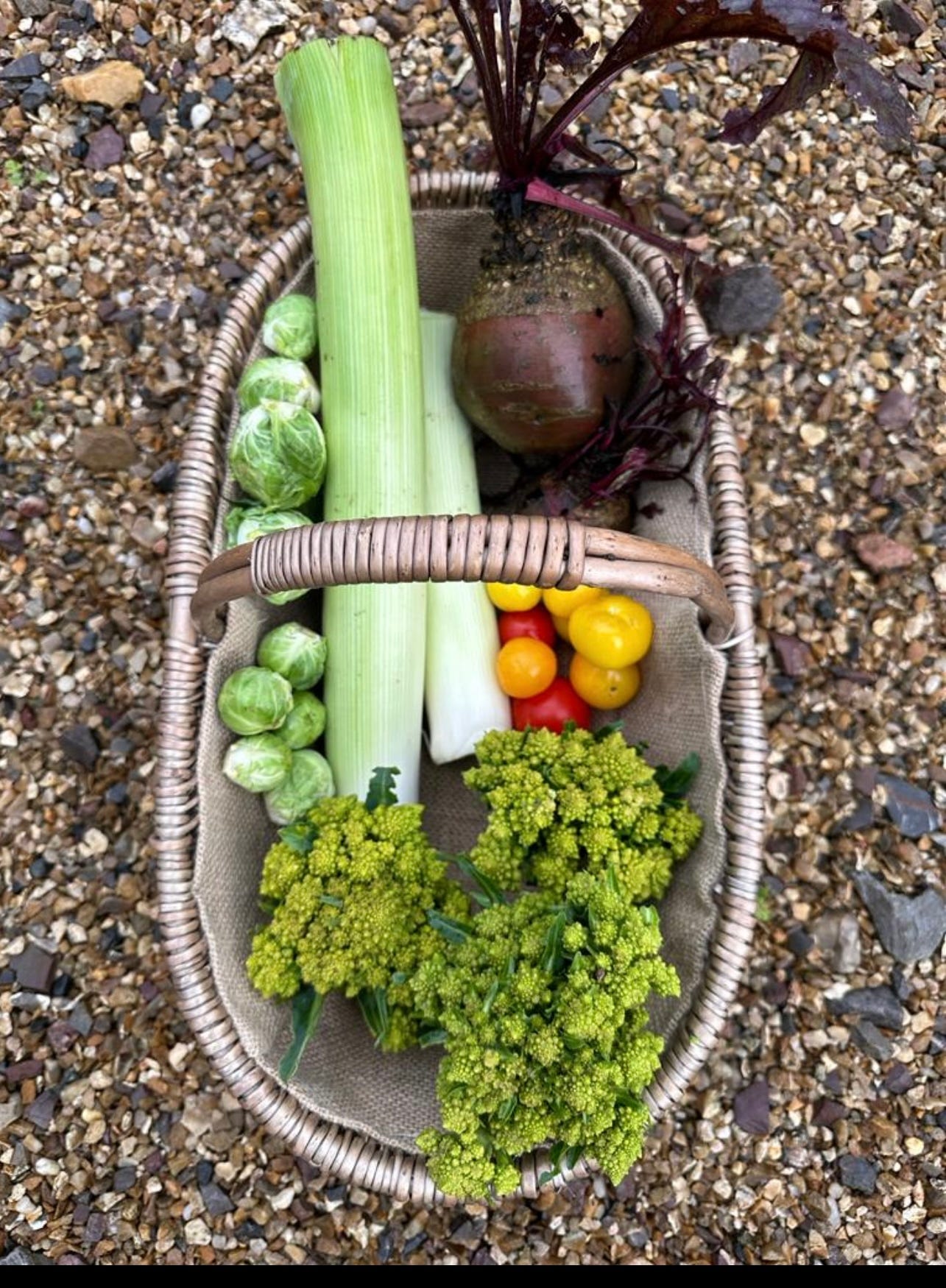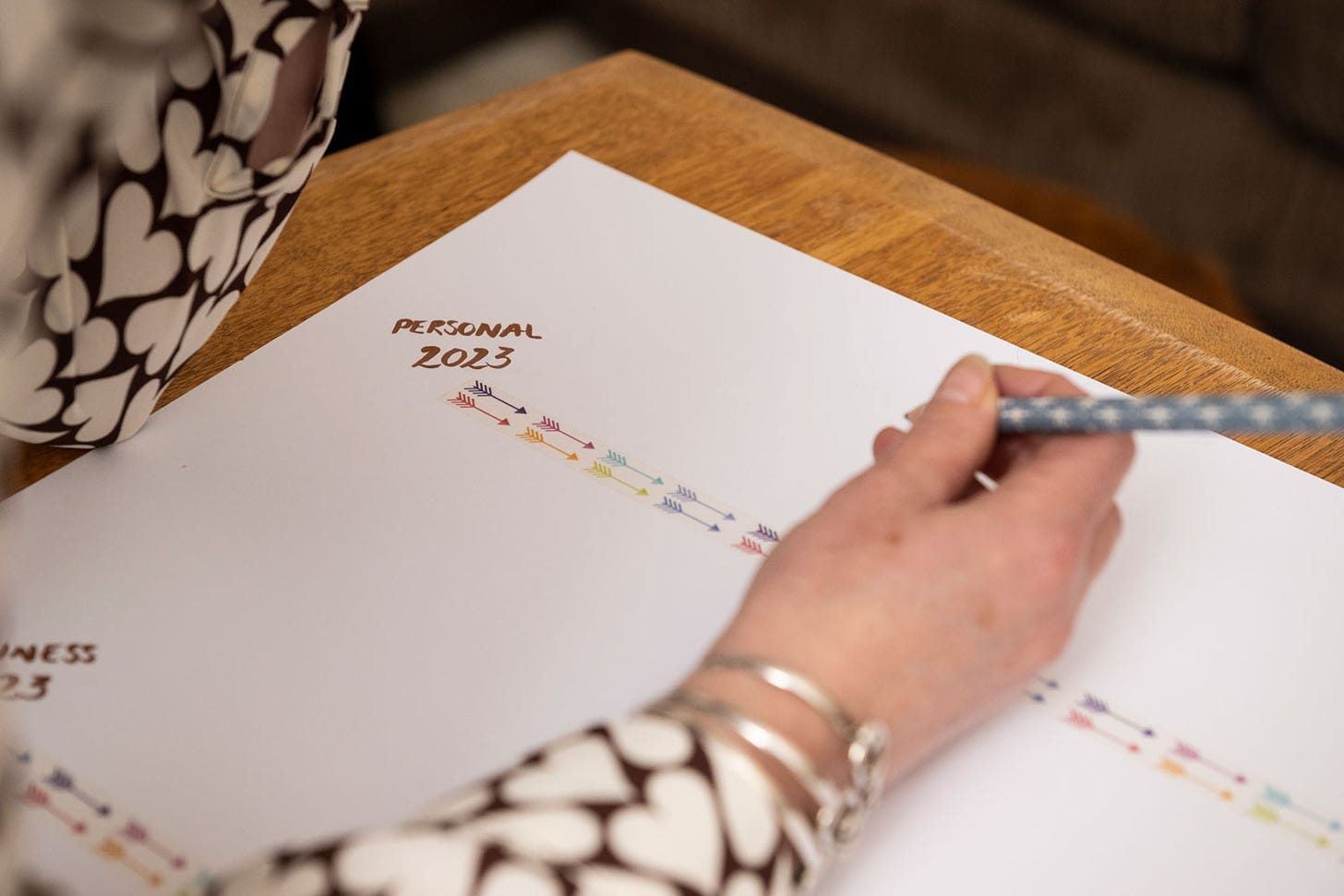I wrote a piece for LinkedIn about how, many years ago, I learnt that being hyper-busy all the time is not sustainable in the long run. I’ll link it at the bottom of this article so you can take a read if you wish.
But it’s true, isn’t it?
By the time you’ve factored in family needs, work and other things that need attention, there’s scant scrapings left in the time pot for you…so your needs go by the wayside.
If, happen-chance, you do manage to squirrel away 10 minutes to sit with a magazine and a coffee, or to take a quick solo walk – something inevitably happens and your peace is shattered and you scurry back to busy, muttering that you never get any time to yourself.
But you need it, you really do…
You see, we’re not really programmed to be always on, always busy, grabbing time wherever we can to try and ensure that we keep the plates spinning everywhere. Nibbling away at our nightly rest to fit the extras in and waking with a perennial to-do list running around our head.
It’s not good for your mental health, and to be honest, it’s not much good for your physical wellbeing either.
Studies have proven time and time again, that stress, lack of sleep, and grabbing food on the go all contribute to high cortisol levels, which in turn have a long-term detrimental effect on your health.
But the good news is that you’re in charge, and you CAN do something about this.
So here’s my top 10 things, gleaned from many years of getting it wrong, that you can do to ease the pressure on you and your body.
1 – The first step to making a change, is actually wanting to do it.
Currently your brain is probably in default mode and there’s a high probability that you’ll look at this list, and think, ‘Well, that’s all well and good, but I don’t have enough time at the moment so how on earth can I do any of these?”
You need to take charge and change that narrative, our brains like to be lazy and so will quite happily replay back to us what we tell it, so if that’s what you think, that’s what you’ll get.
So look at this list with an open and enquiring mind and seek ways that you could adopt some new habits, and then be consistent about practicing them.
Tell yourself, “I matter, I need to change things up, so what’s the one thing I can do today to start that process?”

Let’s look at some practical tips first..
2 – Plan your time
We only have so much time in the day so if you’re someone who tends to freestyle your diary, you’re probably regularly feeling like you’re all out of time. With the best will in the world, things come up every day that we don’t expect, so if you don’t have a place you can look at and decide if you have time to do it – you’re very likely to over-commit yourself.
Knowing what you’ve already committed to in a day also helps you to realise that to add that last-minute thing in, you probably need to drop something because you were already fully booked for the day.
So it doesn’t matter whether you like a wall calendar, a diary or an online app, I’d encourage you to try and book things out on your planner and to set your week up on a Sunday evening and then review each evening what you have on the following day.
This is one of those suggestions that will feel like you are adding a task rather than saving time, but you will be amazed how much easier it feels when you are mindful about how your time is used.
3 – Menu planning and batch cooking
I don’t know about you but sorting out good food for each day sometimes feels like a full-time occupation in itself, so menu planning and batch cooking are both good ideas to save time and also reduce frustration that there’s nothing quick to pull together for supper.
I wrote an article on menu planning which I’ve linked here – where I went old school and got the recipe books out and turned it into a little bit of mindful time for myself, but you can also just hit up a website or find an app to generate ideas for you. My go-to website is BBC Good Food – lots of easy to follow recipes.
Batch cooking is another time saver – and it can be as easy as cooking a bit more when you cook a meal and freezing it so it’s there when you have a no-time day!

In the summer, I will often have veggies from the garden or I’ll buy when the price is cheaper because there’s a lot around, and then I’ll make a big batch of ratatouille and freeze it in meal-sized portions. That way I can just defrost it as an easy side dish to something like roast pork, or use it as a base for bolognese.
Talking of spaghetti bolognese, it’s one of my staples that I always do a big batch of. I cook it in the slow cooker, then freeze it in meal sized batches. Then I’ll bring it out and serve it with pasta, or as a shepherd’s pie or add some chilli and kidney beans to make a chilli and rice.
The whole idea is to do something once and feed people multiple times – have a think, I’m sure you can add to the list of things you can batch cook.
4 – Food shopping
Following on from the point above, menu planning gives you the information to know what you need to shop for, so it’s a double time saver.
We do our staples as an online shop that comes every two weeks, and for a few key things that we use a lot, I try to always have a spare packet in stock so that if I run out, the replacement is already there.
We save the shopping list and then just go and edit it as needed each time we shop. We offset the delivery cost by saving time going back and forwards to the shops (we don’t have shops on the doorstep so it is an excursion for us!)
For vegetables etc, we go to the local farm shop and grow some veg ourselves in the summer, again I try and buy what I need for the week.
We also have milk and dairy products delivered by Milk & More because we give our Dimpsey shepherd hut guests a pint for their stay and I like it to be in glass or cardboard cartons and to be different from what people buy in their weekly shop. But I used to just have it on the supermarket shop, it’s whatever suits your circumstances best.
Let’s look at some behavioural tips next – how to protect your time and get some time savings
5 – Learn to delegate
You don’t need to be superwoman, your business won’t grow unless you delegate jobs to other people and this applies in your home life too. As you get older, more and more things come your way and if you keep adding them on without dropping any jobs off the end, you are going to go bang!
So if you find yourself adding a job onto your workload, firstly ask “does it have to be me that does this?”
If it does, ask yourself, “what can I delegate to make the room to do this?”
Manage your time and be mindful about what you are adding in, you’ll be amazed how much difference this can make!
6 – Practice a polite no
Oh my goodness, how much do we hate saying no to someone?!
That quick coffee, that quick lift into town, that quick look at that problem – we often get roped into things that we really don’t want to do because we just don’t know how to say no.
Don’t get me wrong here, if it’s someone you want to help and you have the time to do it, then absolutely get right on and do it.
This advice is more to do with the things that you do to be polite or you get dragged into by someone else.
Know your boundaries, know what time you have got to commit to things and practice what your “no” lines will be, have a few of them ready that you can use if needs be.
That way if you’re caught unexpectedly, you already know what to say to respond with a polite no – we usually only end up saying yes, because we don’t know how to say no.
7 – Learn to ask for help
Get other people involved – trade favours with friends, ask family to help, lift share – whatever you can think of.
This is another one of those hot potato subjects, sometimes we’d rather work ourselves into the ground than ask someone to help. Why is that? What exactly does it prove?
Is it because we like to reassure ourselves that we can do it, that we’re needed, that we did it all ourselves?
So, next time you find yourself insisting that you cook supper after a monster day at work, or carrying the family’s washing up the stairs, because no-one else does – ask yourself why are YOU doing this? Who could you ask to help?
Every time you do it yourself, you are robbing yourself of time and you are robbing other people of the chance to be useful and helpful in your life.
Think how good you feel when you do something for someone else, that’s how other people feel when they help you – they don’t sit there bemoaning how useless you are, they feel like they did a good thing.
Lastly, let’s look at a few belief tips – often we are our own worst enemies, we set unrealistic expectations that no-one is judging us by, apart from ourselves – so it’s time to drop the perfection you are demanding of yourself.

8 – Reducing overload.
You can’t play your ‘A’ game on 3 different pitches at once, choose your hard and if work is busy try and get some slack into home life and vice versa. Planning ahead means that you can try and avoid both being super-busy at the same time, and if it can’t be avoided then I refer you back to point 7 above – ask for help in advance.
9 – Drop the comparisonitis
Everyone looks at everyone else thinking they have it all figured out, but they really don’t.
We often drive ourselves to fit more in, to “keep up” – by all means be inspired by others, but don’t expire trying to keep up with them.
10 – I’ll end where I started,
YOU matter…
Make time for those 10 minute breaks, grab that 5 minute coffee – they are food for your soul and much needed. Sooo…
Book some solo time out for yourself here and there, plus book days off and your/your family holidays at the beginning of the year – if they’re in the diary they will happen.
Putting you first increases the chances of everything running smoothly for you and the people around you – and it’s pretty essential for your wellbeing – so just do it!
Well!
That turned into a long post, but even if you do just one thing from it, it might make a small difference to the time you have available.
If like me, you often think something sounds like a good idea, but never actually action it – why not hold yourself accountable by noting your one thing in the comments below and come back and let us know when you’ve done it?
We can all cheer each other on, and maybe you’ve got tips you can share to add to the above?
Thank you for reading and thank you for listening.
PS : Here’s the link to that LinkedIn article about being overloaded that I promised to share at the beginning of this article.

